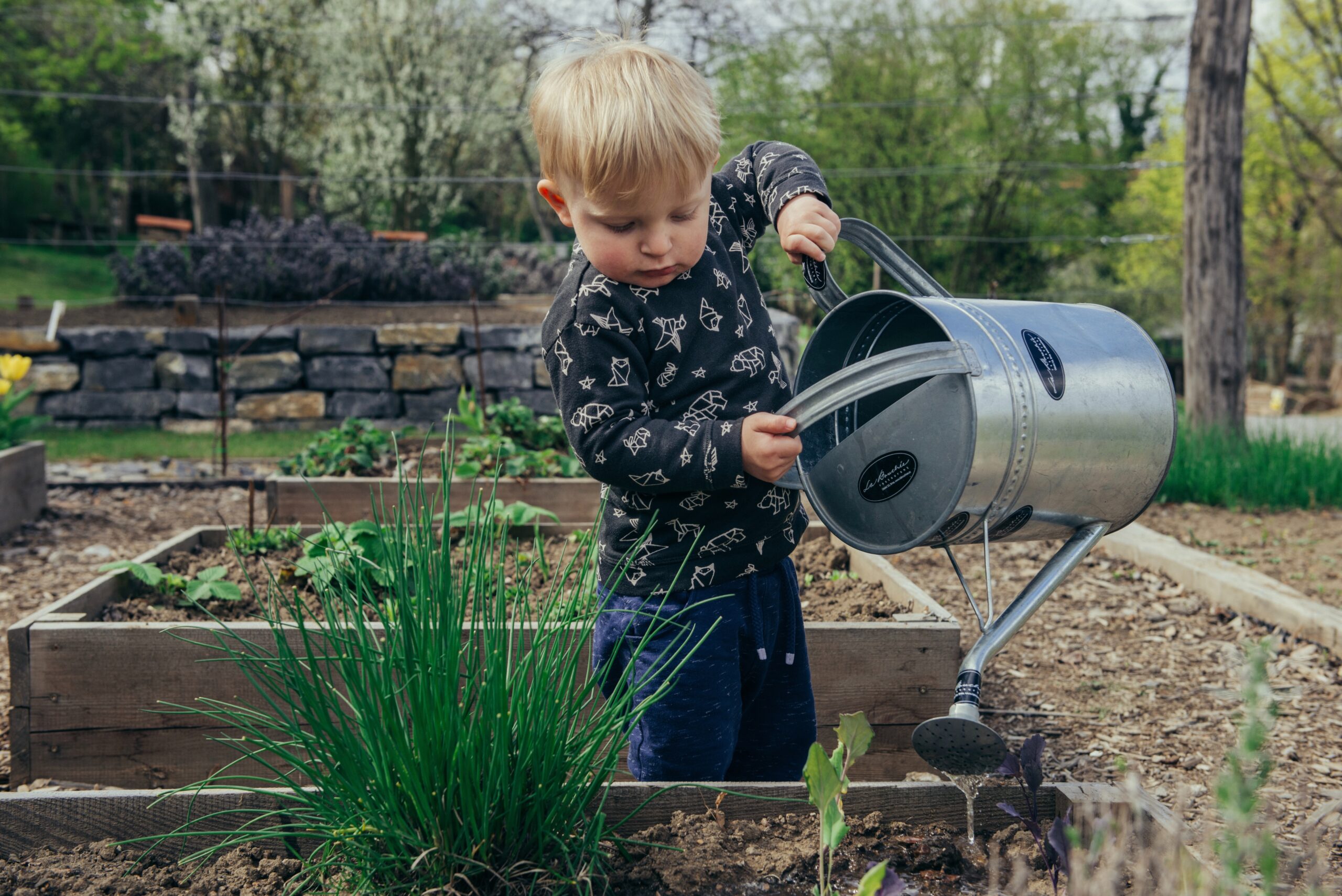What does it actually mean “Help me to do it myself”?
«According to Maria Montessori, every child is the master builder of itself. From birth, it has an inner blueprint with individual strengths, weaknesses and abilities to become the person it is. From this point of view, Montessori’s guiding principle, “Help me do it myself,” means, above all, offering help to an already competent child to help himself.»
In our kindergarten, teachers take on the role of learning observers and learning guides. They provide assistance (where needed and desired), have respect for the child’s actions, and mindfully observe what expression a child spontaneously unfolds. We record special situations in our folders and work together with LehrerOffice. For Montessori, observation has a particularly high value among all the educational tasks. Constant new stimuli for the child and permanently “entertaining” adults are therefore not necessary. It needs patient companions and not impatient «helpers». Basically, kindergarten children tend to perceive challenges as opportunities for learning and growth. And a child who experiences help for self-help is ultimately able to develop its own solutions: for itself and for others.
In practice, this means giving your child more freedom and, above all, the time it needs individually to develop and the necessary restraint so that the child can try out its independence. Because this is not only for the child and his later life, whether in school or in professional life extremely beneficial, but also you can act more relaxed, during the education.
Rita Wolter, Montessori educator, Kindergarten Ennetbaden
Photo by Filip Urban on Unsplash




